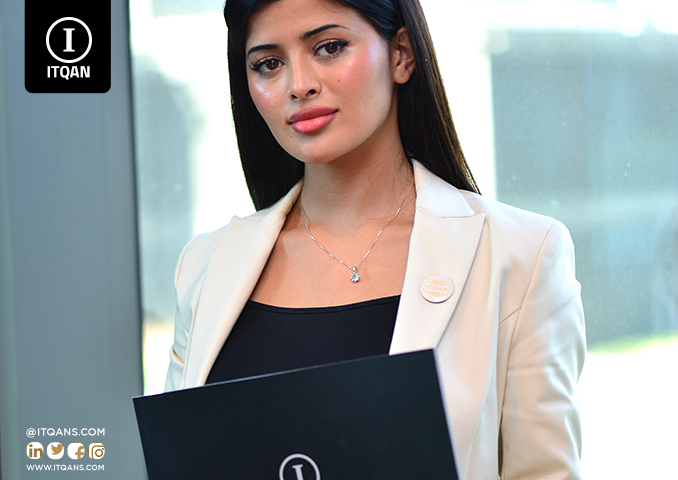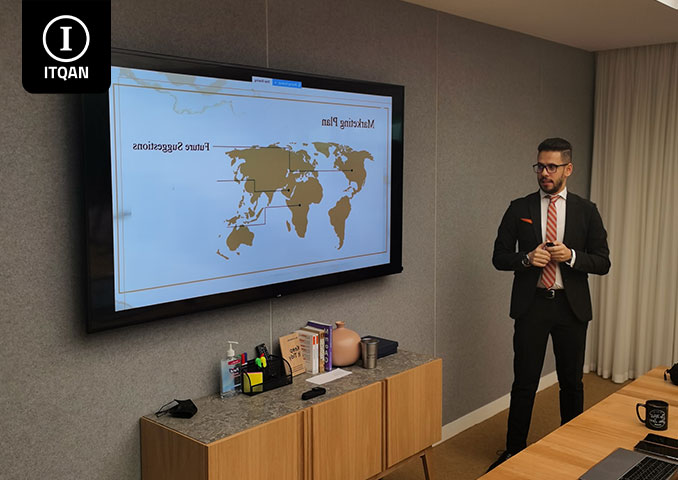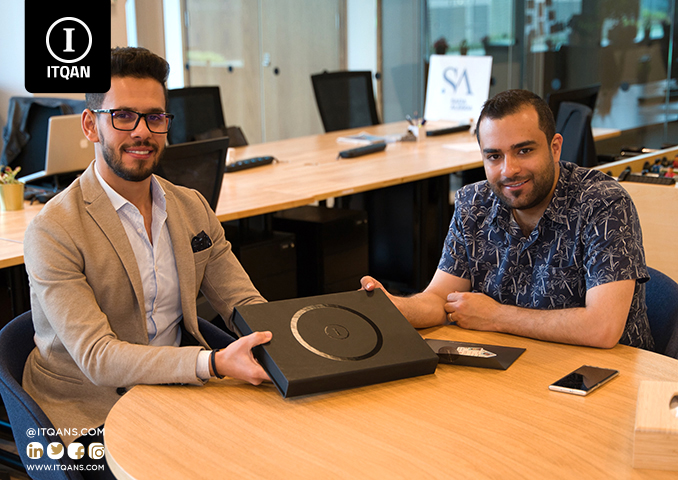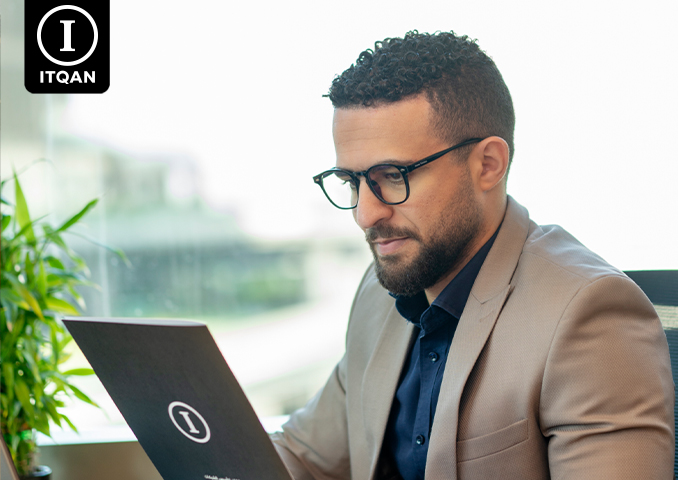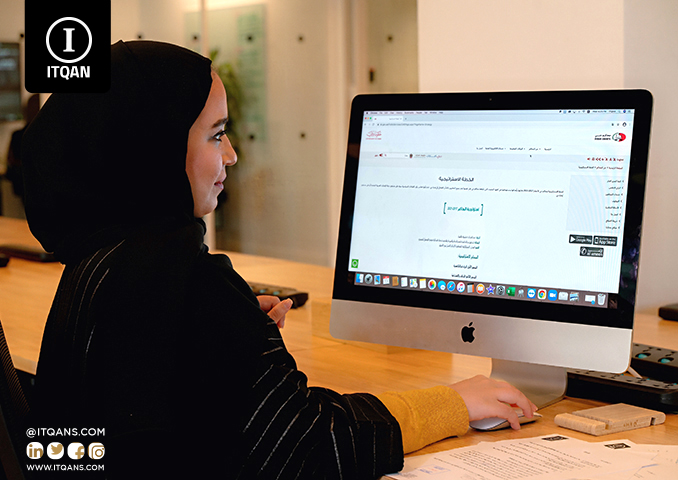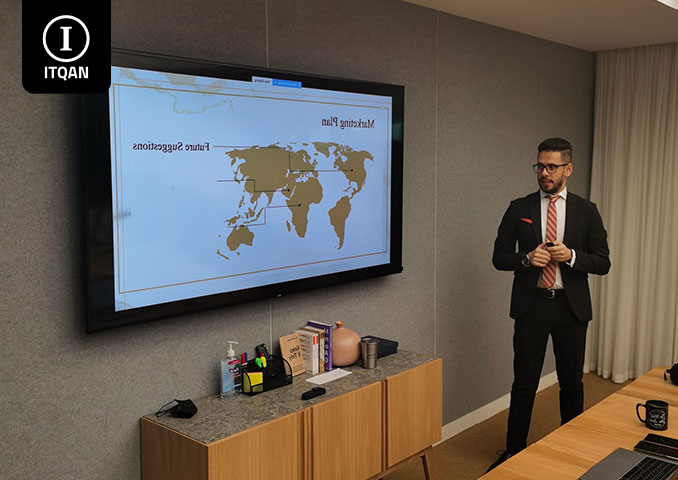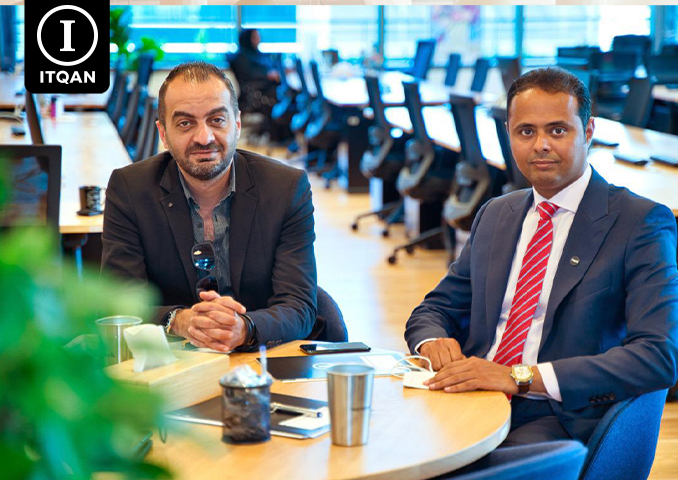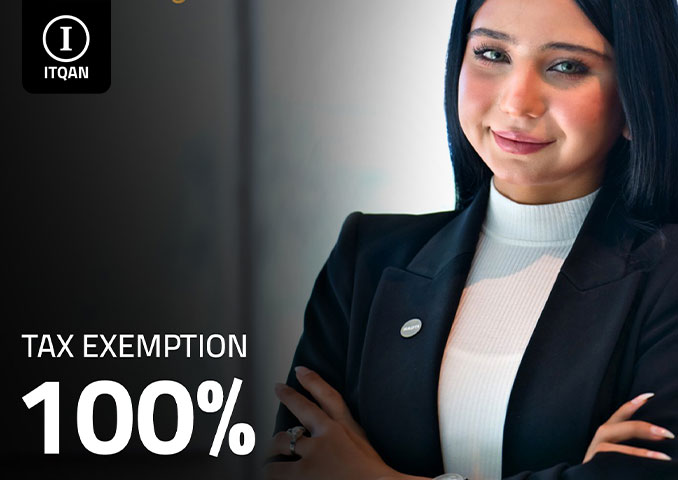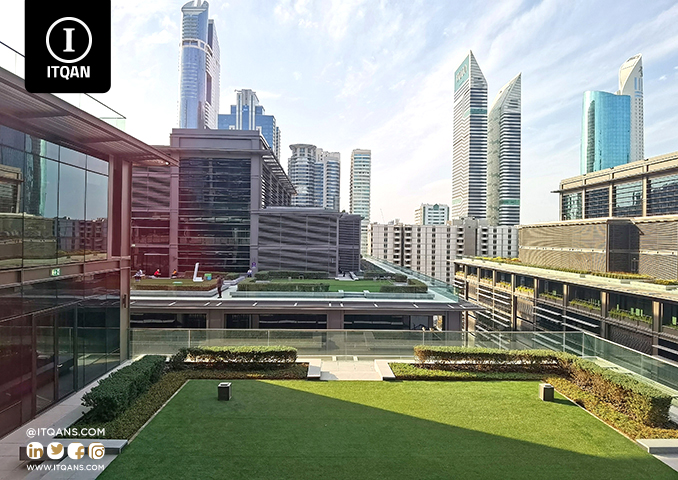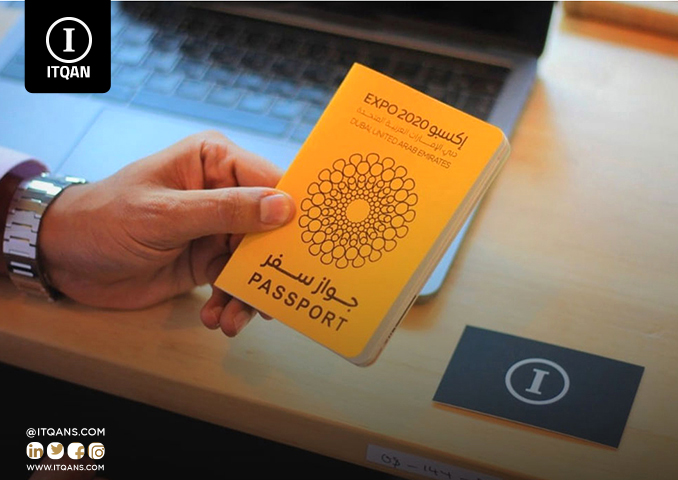The Dubai International Financial Center (DIFC) is one of the most prominent global financial centers, characterized by a developed business environment and reliable financial regulations that attract companies and investors from all over the world. Located in the heart of Dubai, DIFC is a key hub in strengthening the financial and commercial sector in the region.
DIFC was established with the aim of providing an ideal business environment that supports innovation and growth, and it has achieved this by providing advanced infrastructure, transparent and efficient financial regulations, and a range of distinguished financial and business services. DIFC is an ideal place to establish companies, expand businesses, and attract investments due to the leading legal and regulatory environment it provides.
The scope of activities at the Dubai International Financial Center (DIFC) includes banks, investment companies, insurance companies, fintech and others, making it an integrated center for financial and business services. The Dubai International Financial Center (DIFC) also has a wide network of prestigious international companies and institutions that enhance trade exchange and enhance its position as a global financial destination.
DIFC is characterized by continuous innovation and development, as it seeks to strengthen its position as a major center for business and investments in the free zone and the world. DIFC reflects the spirit of leadership and excellence in providing financial and commercial services at the highest levels of quality and efficiency.
We will explore in detail the importance of the Dubai International Financial Center (DIFC), the challenges it faces, and the future opportunities that could open up to it in the future, contributing to a deeper understanding of its important role in strengthening the financial and commercial economy in Dubai and the region in general.

How to create a successful business in Dubai
The Dubai International Financial Center (DIFC) is home to an internationally recognized independent regulator, a judicial system anchored by English common law, and the region’s largest financial ecosystem with more than one active registered company – creating the largest and most diverse industry talent pool in the region. The Center’s vision is to lead the future of finance. Today, it offers one of the most comprehensive fintech and venture capital environments in the region, including cost-effective licensing solutions, fit-for-purpose regulation, innovative accelerator programs, and financing for growth-stage startups.
Comprised of a diverse collection of world-renowned retail and dining venues, a dynamic arts and cultural scene, residential apartments, hotels and public spaces, DIFC remains one of Dubai’s most sought-after business and lifestyle destinations.
In the words of the Crown Prince, it is inspired by: a bold vision to create a financial market to fill the gap not covered by the international financial centers in Europe, East and North America. With the Dubai International Financial Center DIFC, we set out to create an international financial center to match those in London, New York and Hong Kong – with a regulatory framework built on best practices found in those leading jurisdictions. Financial institutions will have peace of mind knowing that when they move to the DIFC, their reputation will be secure because regulations will be world-class.
Deputy Ruler of Dubai His Highness Sheikh Maktoum bin Mohammed bin Rashid Al Maktoum is the Chairman of the Dubai International Financial Center DIFC, while Brett Schafer is the Centre’s CEO. This vision is indeed a bold one. All the financial centers that Dubai aspires to have developed over a long period of time and were largely unplanned. Dubai’s ambition to become a new financial powerhouse almost from scratch is unprecedented.
As the Chairman of the Dubai International Financial Center (DIFC) stated: “The DIFC is being established as a globally recognized center for institutional finance and a regional gateway for capital investments in the Middle East.” All you have to do is contact one of our company’s business consultants and do not waste your time and effort searching for the requirements for establishing a company in Dubai. We provide you with everything necessary to obtain all the necessary approvals for a commercial or administrative license, whether in the free zones or in areas affiliated with the Dubai government.
Investment opportunities and financial markets at DIFC
The Dubai International Financial Center (DIFC) has become one of the most prominent financial and investment centers in the region, providing an advanced business environment and a strong financial system that attracts companies and investors from all over the world. The DIFC is home to more than one financial company and institution, including global banks, investment companies, capital funds and insurance companies, making it one of the most important financial markets in the region and globally.
DIFC provides diverse investment opportunities in a wide range of sectors, such as real estate, technology, financial services, international trade, and creative industries. It provides advanced infrastructure and appropriate legal and tax legislation, creating an ideal environment for investment and providing protection and transparency for investors.
DIFC’s markets are diverse and dynamic, with investors having easy access to global and regional financial markets through the centre’s advanced trading platforms and diverse investment facilities. Strategic partnerships with leading international banks and financial institutions also contribute to enhancing performance and providing new opportunities for investors.
This paper aims to explore the investment opportunities available in DIFC, analyze the advanced financial markets that investors can benefit from, and explore the factors that make DIFC an ideal investment destination in the Middle East and North Africa. We will also review potential challenges and effective strategies for dealing with them, providing readers with a comprehensive and in-depth understanding of the DIFC and its vital role in the world of investment and business.
Regulations at DIFC
The Dubai International Financial Center (DIFC) is one of the most prominent financial centers in the region, characterized by an advanced business environment and transparent and unified financial laws and regulations that make it an ideal destination for companies and investors. The DIFC’s rules and regulations are an essential element in achieving stability and economic growth in the centre, as they provide a reliable legal framework that protects the rights of various parties and encourages investments and prosperous businesses. The DIFC is an independent financial district with an independent legal system that differs from the general laws in Dubai and the United Arab Emirates, making it attractive to companies and investors due to the flexible and uniform legislation regulating financial and commercial activities. DIFC always strives to develop and improve its laws and regulations to ensure greater transparency and fairness in the commercial environment. Among the most prominent regulations in the DIFC can be mentioned:
- DIFC Companies Act: Establishes procedures and requirements for establishing and operating companies in a DIFC, including permitted types and financial reporting requirements.
- Real Estate Laws and Contracts: Regulate the buying, selling and leasing of real estate within the DIFC and protect the rights of tenants and landlords.
- Financial Services Regulations: regulate the operations of banks and financial institutions, protect the rights of customers, and ensure integrity and transparency in financial businesses.
- Tax regulations: determine the taxes applicable to the DIFC and the financial exclusions and concessions available to companies and individuals.
- Labor Laws: Regulate labor relations and rights of employees and companies within the DIFC and promote a healthy and equitable work environment.
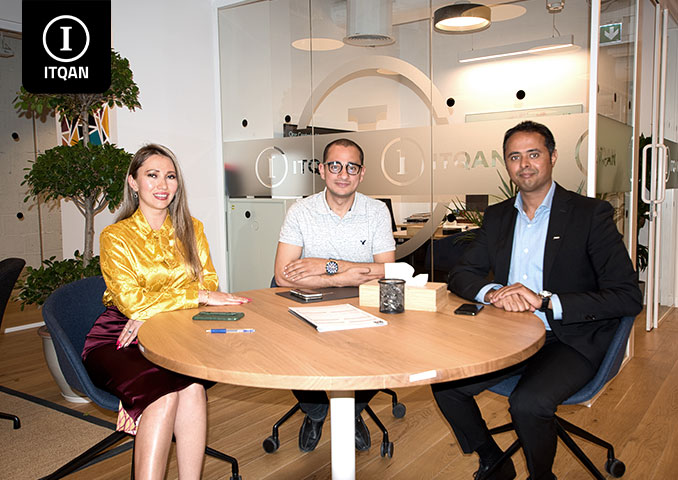
Future challenges and opportunities for DIFC
The Dubai International Financial Center (DIFC) is a major hub in the financial and commercial infrastructure of Dubai and the region, and despite the great successes it has achieved over the past years, it faces challenges and lives in a constantly changing financial environment. This topic promotes a deeper understanding of the challenges the DIFC faces and the future opportunities that lie ahead.
The challenges faced by the DIFC are diverse, from competing globally with other financial centres, to responding to technological developments in financial services such as blockchain and artificial intelligence. In addition, DIFCs must deal with changing legal and regulatory challenges, including changes in international and domestic financial sector regulations.
However, there are significant opportunities for DIFC to grow and develop. By promoting innovation and using modern technology, DIFC can improve the financial services provided and attract more companies and investors. Strategic partnerships with government agencies and private companies can also contribute to improving the business environment and expanding the customer base.
The objective of this topic is to explore the future challenges and opportunities that lie ahead for DIFC, and to analyze how these challenges can be effectively addressed to achieve future growth and sustainability. We will also review future strategic plans and innovations that can help DIFC stay on top of the global financial markets.
Opening a company in the free zone
Opening a company in a free zoneis a strategic move that can present important opportunities for investors. Here are some of the main steps that must be taken to open a company in a free zone:
- Market Study: Conduct a good market study to understand demand, supply and competition, and identify available investment opportunities.
- Determine the type of company: Choose the appropriate type of company, such as limited liability company, sole proprietorship, or one-person company, based on your needs and goals.
- Choosing the main activity: Determine the company’s main activity according to your desired specialization and market opportunities.
- Location selection: Choose the appropriate location within the free zone, taking into account access to the necessary services and infrastructure.
- Submitting an application: Submit an application to establish the company to the local authorities in the free zone, and submit the necessary documents such as a business plan and passports.
- Obtaining licenses: Obtain the necessary licenses for the company and your business, and pay the required fees.
- Office Rental: Choose a suitable office for your company within the free zone, and make sure it meets your business needs.
- Starting work: After completing all procedures and obtaining licenses, you can officially start working in your company in the free zone.
Costs of opening a company in the free zone
The costs of opening a company in a free zonecan vary greatly and depend on several factors such as the type of company, the size of the planned business, licensing requirements and additional services that the company needs. However, here is a list of the main costs that may be involved in opening a company in a free zone:
- Registration and license fees: These fees include the costs of registering the company and obtaining the necessary licenses from the Free Zone Authority.
- Additional services fees: such as legal, accounting, and tax consulting services. These fees may vary depending on the provider and the scope of the service.
- Rental costs: The cost of renting an office or practical space in the free zone, and these costs vary depending on the location and size of the space.
- Labor costs: include the costs of hiring employees and paying their salaries and social and health insurance.
- Insurance costs: such as directors’ liability insurance, property insurance, and workers’ insurance.
- Marketing and promotion costs: to advertise the company and attract new customers.
- Other fees: such as financial and banking transaction fees, money transfer fees, and various service fees.
In conclusion, the Dubai International Financial Center (DIFC), in cooperation with Itqan, is a distinguished investment destination that offers unparalleled opportunities for investors and companies alike. With its innovative economic environment, modern legal legislation, and advanced infrastructure, DIFC provides a safe and conducive environment for business and investments.
Thanks to the cooperation with Itqan Company, investors and companies can benefit from the expertise and specialized consultations in establishing companies and managing investments at DIFC . With their guidance and advice, investors can make the most of the unique investment opportunities offered by this global financial centre.
Frequently asked questions about the Dubai International Financial Center (DIFC).
What is the Dubai International Financial Center (DIFC)?
DIFC is a specialized financial and commercial center in Dubai that provides an advanced business environment and a reliable financial system for companies and investors.
What financial services are available at DIFC?
DIFC financial services include banks, investment companies, investment funds, insurance companies, and other specialized financial services.
What are the competitive advantages of DIFC?
DIFC’s competitive advantages include advanced infrastructure, reliable financial regulations, favorable tax laws, and international business environment.
Can foreign companies invest in DIFC?
Yes, foreign companies can invest and establish in the DIFC, attracting international investments to the centre.
What challenges does DIFC face?
Challenges facing DIFC include global competition, technological changes, and legal and regulatory challenges.
What are the future opportunities for DIFC?
Future opportunities for DIFC are to foster innovation, expand the scope of financial services, and increase international cooperation in financial business.
What is the importance of DIFC in the global financial sector?
DIFC plays an important role in strengthening the global financial sector by providing a sophisticated and reliable trading and investment environment.



